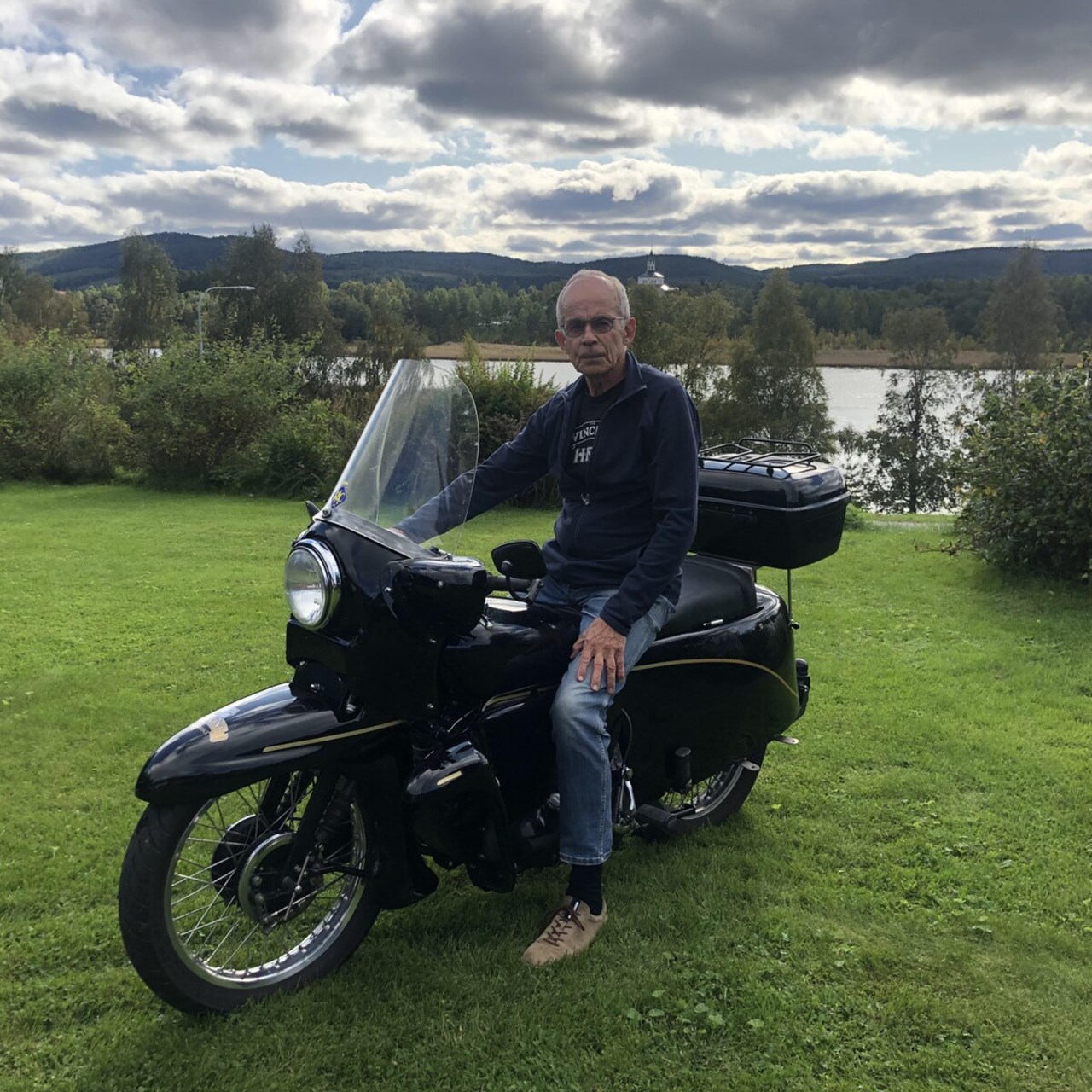
Jörgen Rutegård: "I want to do some kind of good"
PROFILE Jörgen Rutegård has worked as a surgeon throughout his career. He now works to improve healthcare in low-income countries, both through motorbike ambulances and an air purification project.


PROFILE Jörgen Rutegård has worked as a surgeon throughout his career. He now works to improve healthcare in low-income countries, both through motorbike ambulances and an air purification project.
